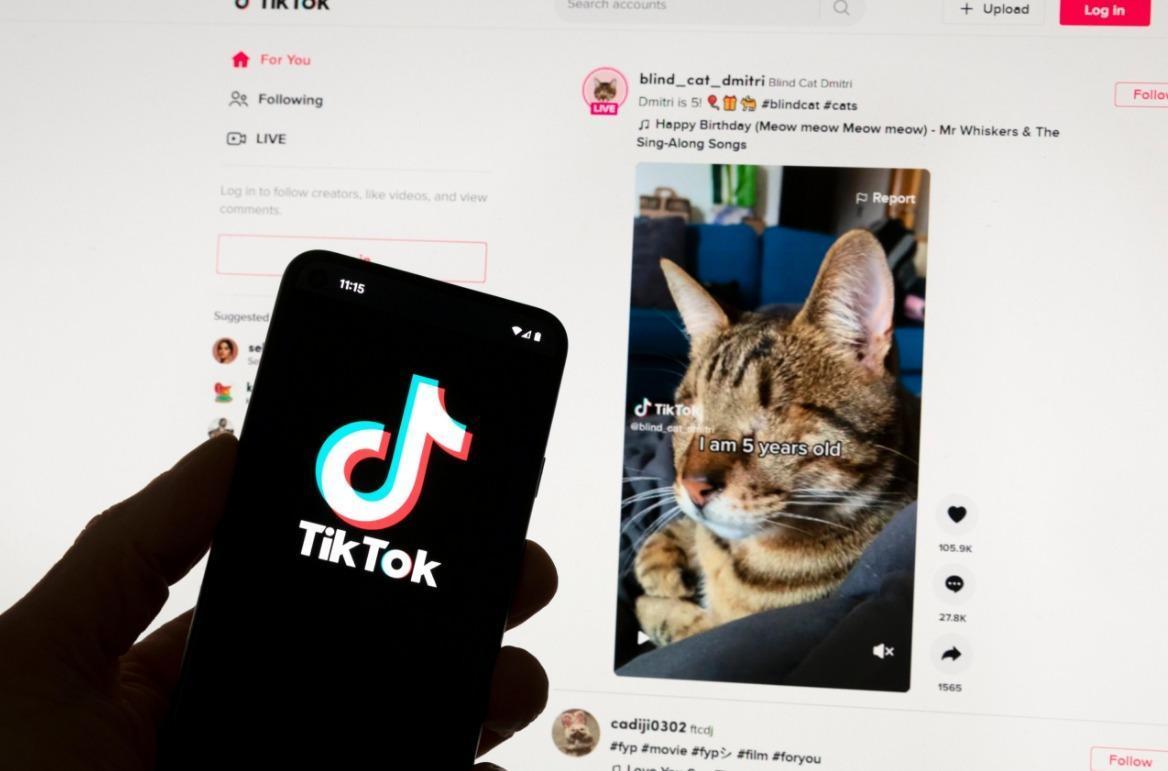
The world's biggest digital companies will have nowhere to hide starting on Aug. 25, when the toughest EU rules on online content since social media first burst onto the scene enter into force.
The landmark law is part of the European Union's legal arsenal deployed to bring tech companies to heel and enforce order in what officials have described as an online "Wild West."
The Digital Services Act (DSA) forces companies to more aggressively police digital content and protect online users from disinformation and hate speech, or face the risk of heavy fines.
From Aug. 25, all eyes will be on how the platforms comply and on how the DSA will change online life in Europe, with experts predicting it could trigger a wave of change beyond the bloc.
"The DSA is part of a bigger strategy to give more power to individuals, to the regulators, to civil society," said Suzanne Vergnolle, a professor of technology law at the National Conservatory of Arts and Crafts in Paris.
Under the DSA, sites with at least 45 million active monthly users must obey more stringent rules including annual compliance audits and a duty to effectively counter disinformation.
In April, the EU named 19 sites including the Amazon Store, Apple's AppStore, and Google's Play, Maps and Shopping, and clothing retailer Zalando, as well as the social media giants Instagram, LinkedIn, Pinterest, Snapchat, TikTok, YouTube and Twitter (now rebranded X) and the search engines from Google and Microsoft's Bing.
Despite the potential impact of the changes, individual users will not suddenly wake up next week and instantly feel the DSA's effects.
"It's something where we're already starting to see trickles of it in terms of platforms proactively going about doing their compliance," said John Albert of AlgorithmWatch.
The bloc's top official for enforcing digital regulation, industry commissioner Thierry Breton, said companies "had now enough time to adapt their systems to their new obligations".
That was on full display in changes heralded by companies this summer.
For example, Facebook- and Instagram-owner Meta and TikTok announced in August steps they would take to comply, including giving European users more control over how they view content, with the option to opt out of recommendations based on profiling.
The EU will be looking particularly at X since billionaire Elon Musk took over the Twitter platform last year, taking decisions over content that have provoked concerns over compliance.
Google, meanwhile, says it has not waited for the DSA's rules to apply, and has already implemented policies aimed at greater transparency and accountability.
EU officials say more companies could be added to the list.
Violating the rules could lead to fines of up to six percent of a company's global revenue, or even a ban.